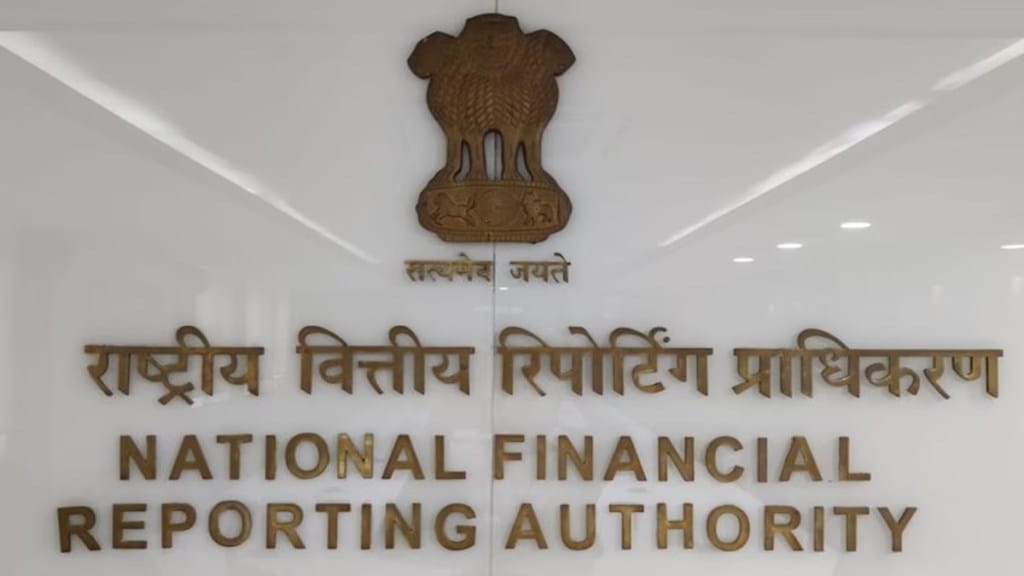The National Financial Reporting Authority (NFRA) is expected to commence its annual inspection of large audit firms, including the Big Four, from October-end with a focus on whether the firms have taken corrective steps after then regulator flagged issues related to related party transaction (RPT) disclosures and documentation.
“The inspection will start from October-end. The audit firms have been informed about it through a formal communication,” said an official.
Increased scrutiny on non-audit services and independence
The official said that the regulator will ask for more disclosures from the firms this year, especially pertaining to their work in non-audit space to investigate any possible instances of violations.
“In 2024, some firms didn’t divulge information related to their non-audit services, and as a result, the NFRA couldn’t ascertain if these firms have remediated the observations made by the regulator in 2023,” said the official.
Section 144 of the Companies Act restricts statutory auditors to provide nine types of non-audit services, including accounting and bookkeeping, internal audit, actuarial services, investment banking services, management services, etc. As per the Act, providing these non-audit services to a company where the firm is already working as a statutory auditor undermines the independence of the auditors, and creates a self-review threat.
In one such instance highlighted in March this year, the NFRA found out that in a sample case, the amount of non-audit fee of an EY network firm exceeded audit fees which might have created self-review threat and self-interest threat.
Corrective action and persistent lapses
Last year, the NFRA expanded its scope of inspection beyond the Big Five firms by adding two more firms Lodha & Co, MSKA & Associates to its yearly inspection exercise. It is not yet clear if the regulator will inspect more audit firms, and review a larger number of audit samples in 2025.
Experts said that after the last two rounds of inspections, the Big Four have taken a series of corrective steps. However, lapses like insufficient documentation, lack of qualitative analysis, and threat to independence remain a common issue among the large audit firms.
